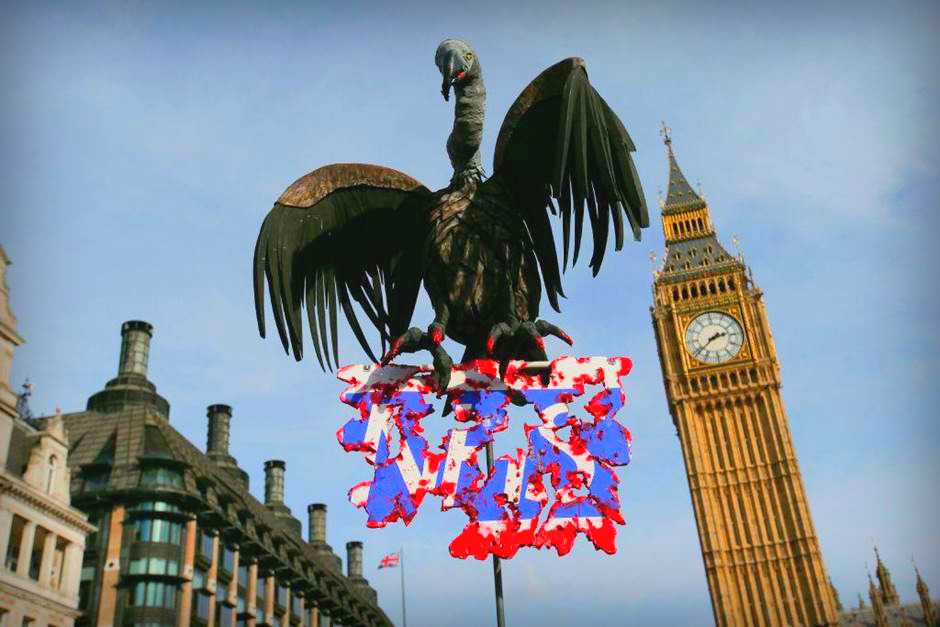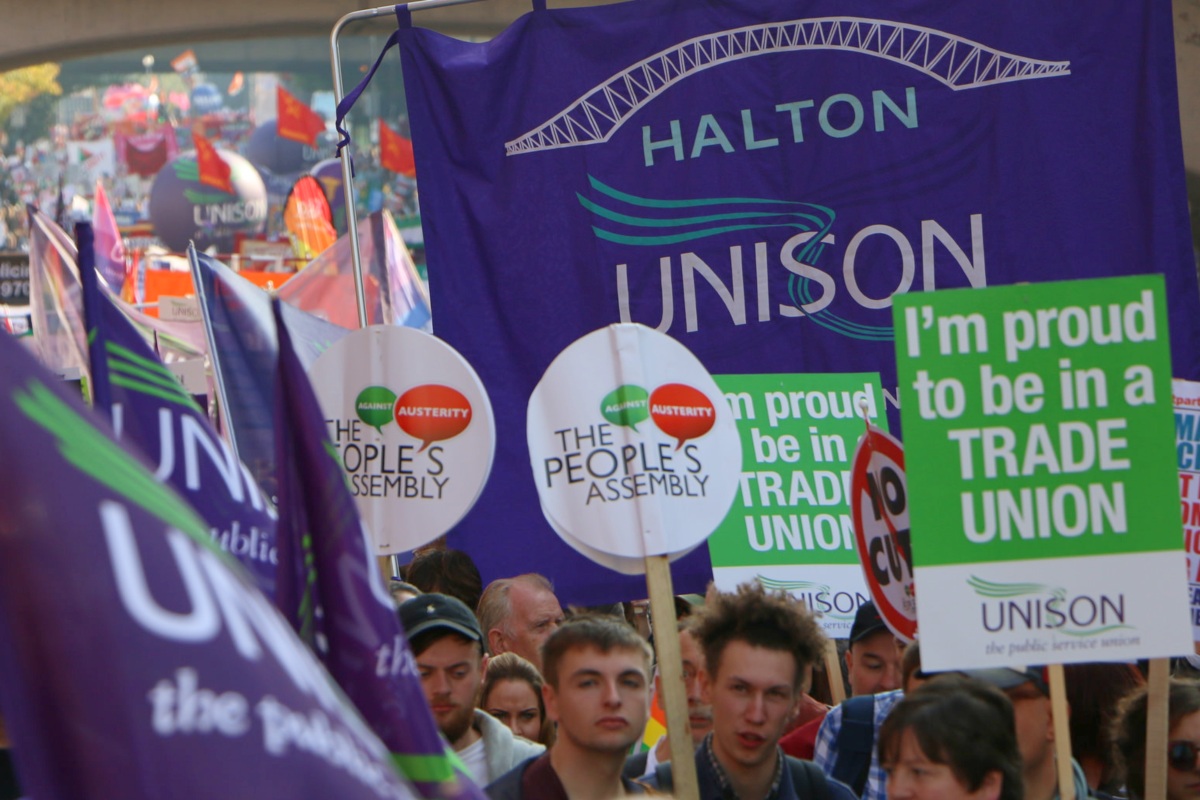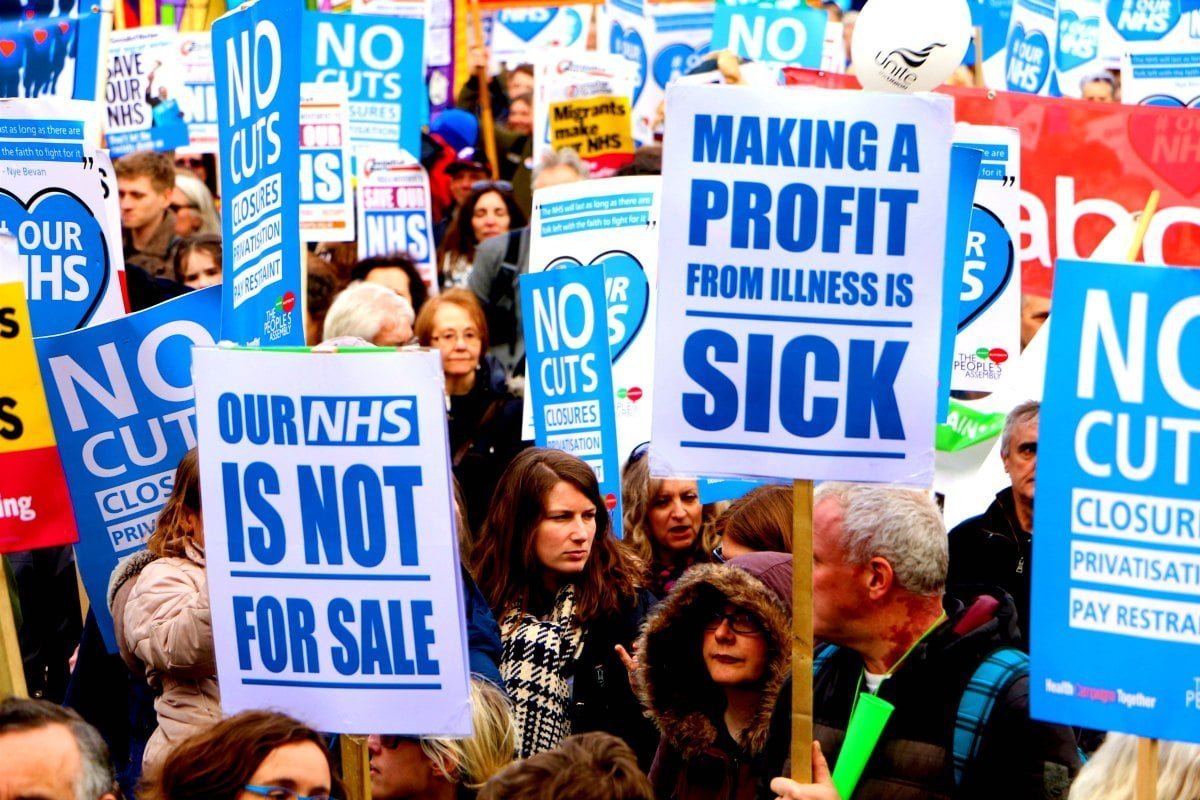NHS workers in the north-east have been fighting against changes that would see creeping privatisation and attacks on staff conditions. We spoke to one of the workers who led the struggle.
UNISON Tees, Esk and Wear Valley health branch have won an important victory against local NHS Trust plans to establish a “wholly owned subsidiary” and transfer staff into it. This would have jeopardised staff terms and conditions in the long run. Many staff members have decades of experience and are justifiably proud of working for the National Health Service.
Socialist Appeal spoke to Amanda Martin – assistant branch secretary and Socialist Appeal supporter – about the dispute. Amanda spoke in a personal capacity.
SA: Can you tell us about the dispute?
Well, there’s been a history recently of Trusts looking to do back-door privatisations through “wholly owned subsidiaries”.
In our Trust, following the collapse of Carillion, a number of staff working at the Trust were going to be made redundant overnight. The Trust decided to take them on under the guise of Tees Esk and Wear Valley Foundation Trust Estates Facilities Management, a new company.
On the surface that might seem to be a good thing, as they were going to be made redundant. However, the Trust decided to transfer all their Estate and Facilities Management staff over to the new company. This involved more than 500 staff including porters, housekeepers, all the catering staff, groundsmen, maintenance and craft workers.
SA: What was the workers response?
 As soon as staff found out what was planned, they got in touch with us very quickly. I work next door to where the maintenance staff were based. So, I was getting approached every day by staff as soon as I arrived in the car park asking what the union intended to do about it.
As soon as staff found out what was planned, they got in touch with us very quickly. I work next door to where the maintenance staff were based. So, I was getting approached every day by staff as soon as I arrived in the car park asking what the union intended to do about it.
So we organised meetings where members made it very clear they weren’t happy and that they didn’t want to lose their NHS status through becoming part of a private company.
Many had been NHS staff for 25 or more years. People were worried about their pensions, their terms and conditions, and their annual leave. They were proud of working for the NHS.
There were tears and upset and a number of suggestions of what we could do with the management, which I won’t repeat.
We organised a petition which generated hundreds of signatures against the Trust plans. We attended briefings, asked questions of management and then organised a consultative ballot.
There was a lot of pressure from the members for us to do this. We didn’t have to go to them – they came to us asking what they could do and saying how they wanted to go on strike. So, UNISON sent out a consultative ballot.
The very next day the management of the wholly owned subsidiary and the Trust pulled the plans. There was a lot of relief from members but anger as well, after what they’d been put through.
SA: What do you think was the real reason behind the proposals?
The NHS Trust has to pay VAT, but the subsidiary doesn’t. So, they argue that it is a way of saving money they can reinvest in clinical services, patient care and staffing levels.
We didn’t believe any of that. We knew it was a CRES (Cash Releasing Efficiency Saving) all along and that it would never be reinvested.
SA: Is it significant that they backed down on the basis of the ballot?
 Yes, they backed down. There had been well attended meetings, which they knew about. We involved local MPs and the regional convenor. They knew there was a public backlash as well. They knew that our petition which we had in public places had a lot of support from local people who were signing it. Local health boards were against it. There was a lot of pressure, all of which was coming from the staff.
Yes, they backed down. There had been well attended meetings, which they knew about. We involved local MPs and the regional convenor. They knew there was a public backlash as well. They knew that our petition which we had in public places had a lot of support from local people who were signing it. Local health boards were against it. There was a lot of pressure, all of which was coming from the staff.
It was a victory, but it hasn’t gone away. So, members in the PFI and the people who came from Carillion are still in the new organisation, so we aren’t complacent. We’re monitoring the situation and keeping our ears to the ground.
SA: What do you think the implications are for the rest of the union?
It’s been excellent; and to be honest the strength of feeling among the members was probably a surprise to the union. The union were pushed into action. They probably thought there was very little chance of doing anything about it. But there was none of that mood among the members.
The lesson is that people will stand together; people will fight; and they will take strike action when their terms and conditions are threatened. The pride they had about working for the NHS was massive and they didn’t want to be privatised and go into another company.
We’ve had examples around the country in Mid Yorkshire and other areas like Leicester where they have tried to do the same thing and been defeated. That inspired other areas to take action.
The outcome in Tees, Esk and Wear Valley illustrates that members can win if they are prepared to fight. The lesson for UNISON should be that privatisation must be fought throughout the NHS whenever and wherever it raises its head






